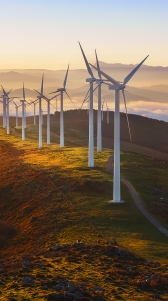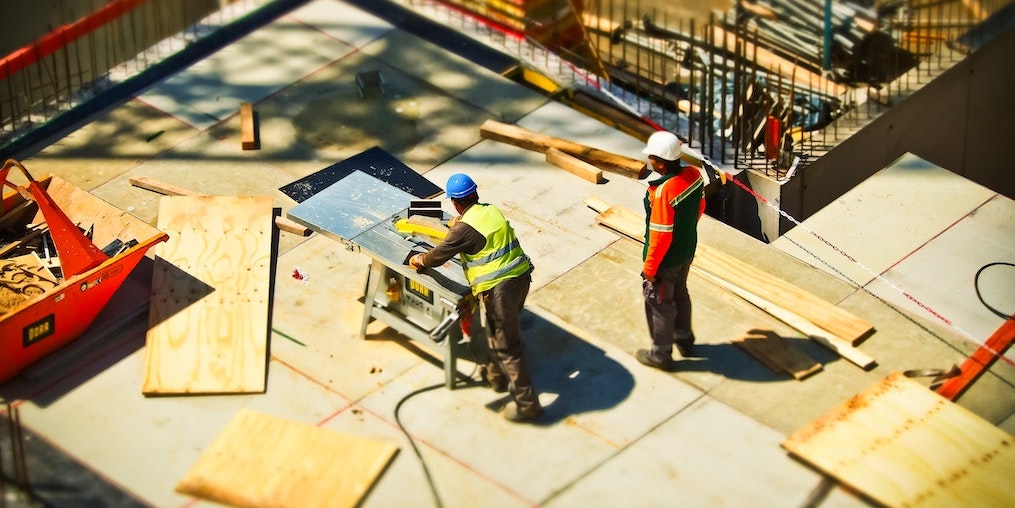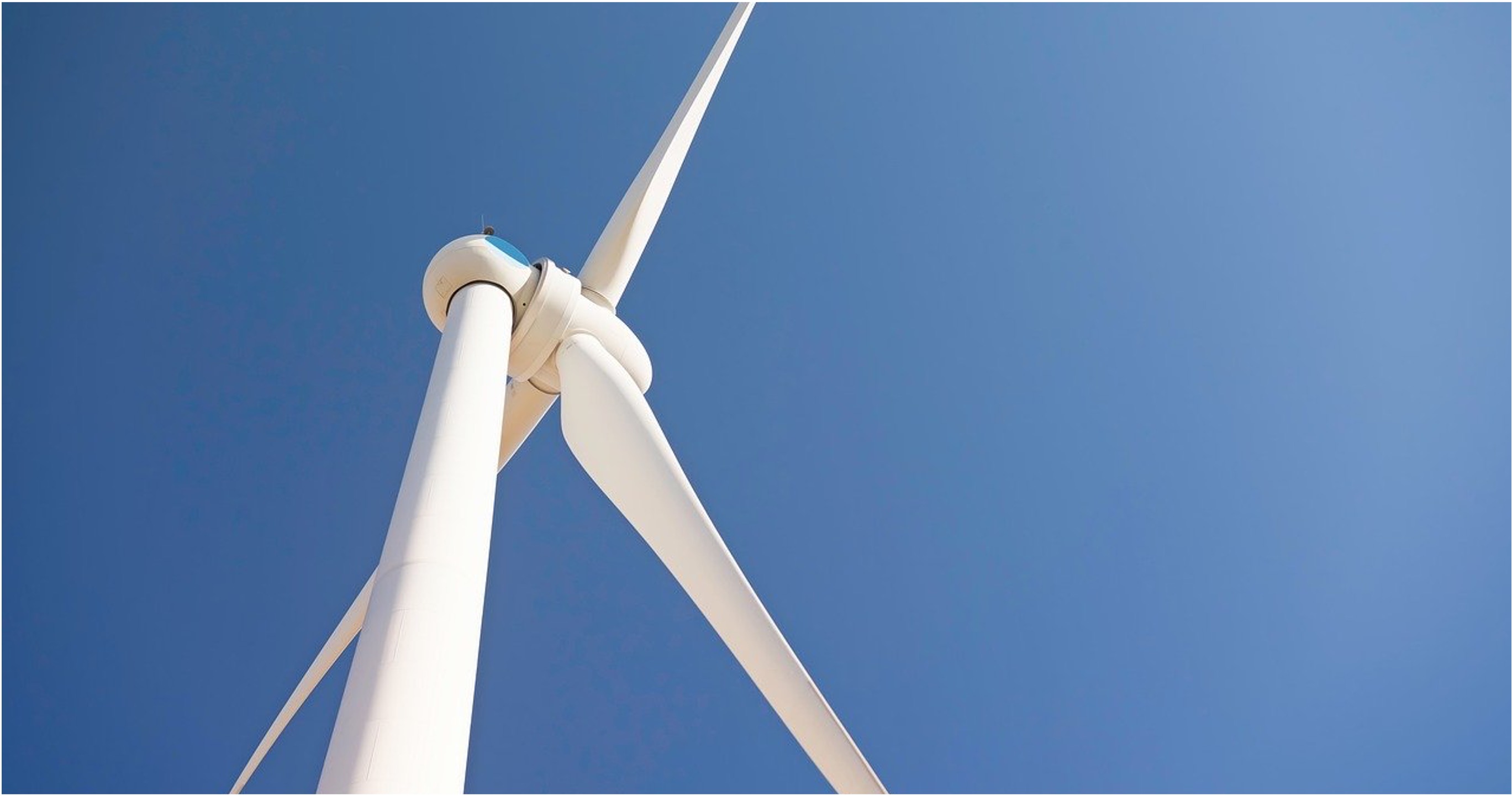Welcome to NDE Germany

Climate technologies play a fundamental role in effective climate protection. German companies offer a wide range of valuable technologies. German policy supports international cooperation on technology development and transfer through numerous initiatives and political support.
NDE (National Designated Entity) Germany is the national contact point for climate technology transfer under the United Nations Framework Convention on Climate Change (UNFCCC). This makes it one of a total of 166 NDEs worldwide that have been established to promote cooperation on technology transfer to developing countries and emerging economies in the interest of climate protection worldwide.
On our internet portal we would like to inform you about technology transfer and make it easier for you to access German institutions, funding initiatives and financing opportunities as well as helpful platforms and relevant publications. The focus is on both climate technologies for reducing emissions and adapting to a changing climate.
Feel free to contact us for more information.
Institutional support for technology transfer
Creating appropriate environments for the introduction and use of climate-related technologies is key for climate mitigation and adaptation. Various German organizations and institutions are experienced in financing and implementing technology cooperation.
This section gives an orientation on who can provide assistance in the following fields:
Webinar series
NDE Germany regularly hosts workshops and webinars on various topics related to UNFCCC technology transfer. The expert discussions and presentations during webinars have been recorded and are accessible free of charge.
Rethink how we build - How can we move towards a resource efficient and carbon neutral built environment globally?

Three webinars shed light on different perspectives on the topic of the sustainable building sector: How can resource efficiency and CO2 neutrality be achieved globally? Discover the discussions of renowned experts HERE.
Fostering green recovery through climate technologies: How the private sector and market mechanisms can accelerate technology transfer

In this four-part webinar series, experts discussed to jointly develop solutions on how market mechanisms can provide cost-effective mitigation strategies and promote the transfer of climate-friendly technologies to developing countries. You can view the discussions and documents HERE.
